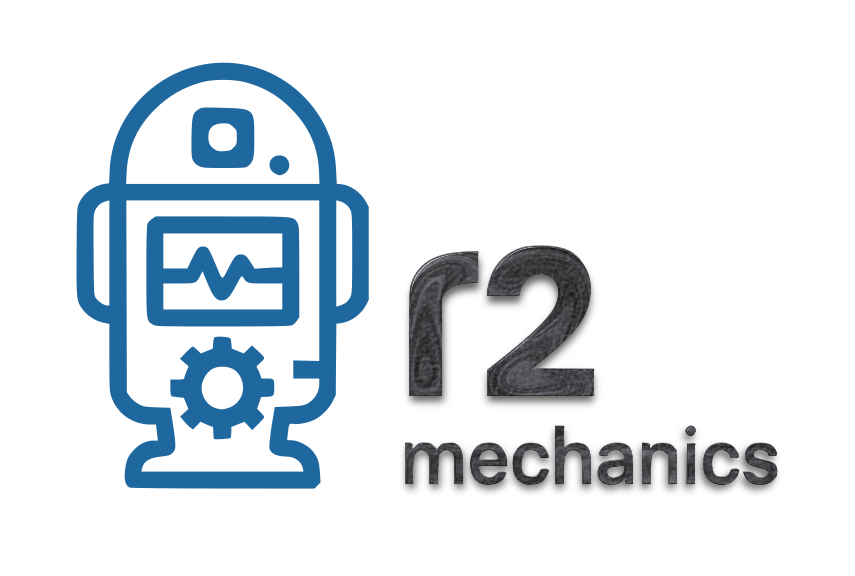
R2 Mechanics is more than software — it’s a full-service offline transcription and analysis platform built on our own AI infrastructure. Designed for archives, museums, research institutions, and public agencies, our systems operate entirely without cloud connectivity or telemetry, ensuring absolute data sovereignty and auditable precision.
Unlike conventional providers who only sell software, R2 Mechanics manages the entire process — from secure hand-off to structured delivery. Your recordings remain physically isolated within our energy-autarkic GPU systems, engineered for continuous, verifiable performance and long-term sustainability.
Air-gapped processing with no external network access — full GDPR compliance by design.
Multi-hour recordings transcribed and diarized in hours, not days — high accuracy, reproducible runs.
Interactive HTML reports with chapters, timestamps, and speaker attributions for seamless review.
Traditional transcription services depend on the cloud, introducing risks of data exposure, downtime, and vendor lock-in. R2 Mechanics eliminates those dependencies through a fully local AI pipeline that integrates speech recognition, speaker diarization, semantic indexing, and export — all offline, all verifiable.
The outcome: institutional-grade accuracy, GDPR compliance, and complete data sovereignty. We process — you retain control.
Communication is available in English, German, French, and Polish.
Every project follows a clearly defined workflow: secure transfer → offline processing →
quality review → structured export.
R2 Mechanics stands for technical integrity, sustainable architecture, and responsible AI.
Your audio stays with us — your sovereignty stays with you.
Vendors such as Simon Says On-Premise, Speechmatics Enterprise, and Amberscript Enterprise provide on-prem or hybrid deployments. What remains uncommon is a fully air-gapped stack tailored to cultural-heritage and research needs.
R2 Mechanics focuses on institutional use cases: long recordings handled in one pass and navigable HTML deliverables designed for review, citation, and preservation.
| Feature / Deployment | R2 Mechanics | Simon Says On-Premise | Speechmatics Enterprise | Amberscript Enterprise |
|---|---|---|---|---|
| Fully offline (air-gap) | ✔ Yes | ✔ Yes (media workflows) | ✔ Possible (containers) | 🔶 Hybrid; details vary |
| No telemetry / external APIs | ✔ Guaranteed local | ✔ Local use; license checks may apply | 🔶 May require network for services | 🔶 Updates/licensing may ping |
| Deliverable type (review-ready) | ✔ HTML with chapters & speakers | ✖ Subtitle/caption focus | ✖ API JSON; no archival HTML | ✖ Text/subtitle exports |
| Primary audience fit | ✔ Archives, museums, research | ✖ Film/media production | ✖ Enterprise API users | ✖ Media/business teams |
| Throughput & control | ✔ Long-form runs, turnkey | ✖ App-centric, limited knobs | ✔ Flexible via API; DIY assembly | ✖ Standard SaaS patterns |
Communication available in English (EN), German (DE), French (FR), and Polish (PL).
Focus on demanding oral history, hearings, and multi-speaker sessions — with outcomes that are reviewable, citable, and privacy-compliant.
*This comparison references public product information from Simon Says, Speechmatics, and Amberscript. Details can change; consult vendors for current specifications.
How Modern Transcription Technologies Make Cultural Heritage Accessible